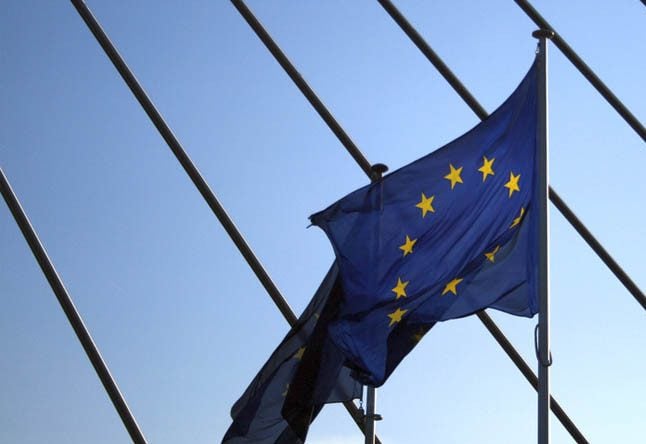The EU is putting in place a common classification system to encourage private investment in sustainable growth and contribute to a climate neutral economy.
The Council adopted a regulation setting out an EU-wide classification system, or "taxonomy", which will provide businesses and investors with a common language to identify those economic activities which are considered environmentally sustainable.
https://twitter.com/EU_Finance/status/1250724769097539584
The taxonomy will enable investors to refocus their investments on more sustainable technologies and businesses. It will be key to enabling the EU to become climate neutral by 2050 and achieve the Paris agreement's 2030 targets. These include a 40% cut in greenhouse gas emissions, for which the Commission estimates that the EU has to fill an investment gap of about 180 billion EUR per year.
The future framework will be based on six EU environmental objectives:
1) climate change mitigation;
2) climate change adaptation;
3) sustainable use and protection of water and marine resources;
4) transition to a circular economy;
5) pollution prevention and control;
6) protection and restoration of biodiversity and ecosystems.
The taxonomy for climate change mitigation and climate change adaptation should be established by the end of 2020 in order to ensure its full application by end of 2021. For the four other objectives, the taxonomy should be established by the end of 2021 for application by the end of 2022.
Today's decision was adopted by written procedure. It means that the Council has adopted its position at first reading. The regulation now needs to be adopted by the European Parliament at second reading before it can be published in the Official Journal and enter into force.
Source: EU Council
ICMA AMIC publishes its response to the EC consultation on the EU Ecolabel for financial products:
ICMA's Asset Management and Investors Council has today published its response to the EC consultation on the EU Ecolabel for financial products. While AMIC supports the idea of an EU quality stamp for ESG retail investments funds it also warns that some important changes are required to ensure the success of this new label. AMIC recommends in particular broadening the list of eligible assets for diversification purposes but also to further support companies transitioning to a lower-carbon business model.














